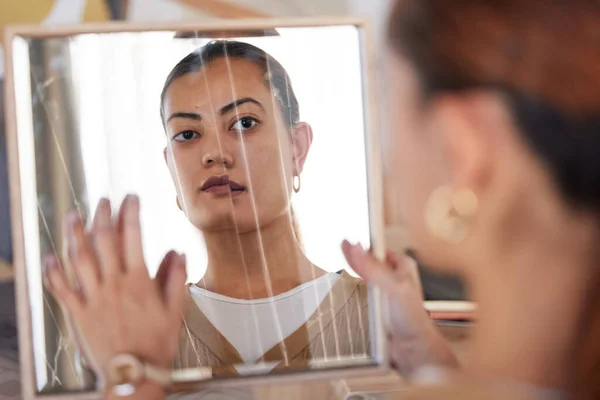Just what is Body Dysphoria?
Body dysphoria, or body dysmorphia disorder (BDD) is a mental health condition in which a person has a distorted view of their body. It is said that severe body dysphoria affects between 1 in 50 people across the general population and those affected are usually teenagers or young adults.
It involves the affected person seeing flaws with parts, or the whole, of their body which are usually not visible to others.
We all have some type of dysphoria in one way or another and nearly everyone has some part of their body they are not happy with, but this is very mild dysphoria.
It can also be linked to gender dysphoria which is when you are not comfortable in the gender of your birth.
It can also happen at any time in life and be related to weight, age, injuries or just looks in general.
This can cause people with body dysphoria to feel intense anxiety, shame, and distress about their appearance.
Those with body dysphoria may focus on one or more perceived flaws in their appearance, even if these flaws are not noticeable to others. They may also engage in excessive grooming or other behaviors in an attempt to hide or fix their perceived flaws.
Also, body dysphoria can have a significant impact on a person’s life. It can lead to social isolation, depression, self-harming, and even suicide.
Although the exact cause of body dysphoria is not known, it is thought to be a combination of genetic and environmental factors.
There is no one-size-fits-all treatment for body dysphoria, but a combination of therapy and medication can be effective.
For those who are struggling with body dysphoria, it is important to seek help from a qualified mental health professional, so speak to your doctors for a referral on this in the first instance. There are many resources available to help you understand your condition and get the treatment you need.
The symptoms of body dysphoria may include some or all of the following:
- Excessive focus on one or more perceived flaws in their appearance
- Intense anxiety, shame, and distress about your appearance
- Avoiding social situations
- Depression
- Low self-esteem
- Obsessive, almost all consuming, thoughts about appearance
- Body image distortions
- Engaging in excessive grooming or other behaviors to hide or fix perceived flaws
- Feeling like you are not in control of your body
- Feeling like your body is not your own
For those experiencing any of these symptoms, it is very important you seek help from a qualified mental health professional.
Body dysphoria is a serious mental condition, but it is treatable. With the right help, you can learn to accept your body and live a happy and fulfilling life.
Further information can be found on the NHS website here: Body dysmorphic disorder (BDD) – NHS (www.nhs.uk)
